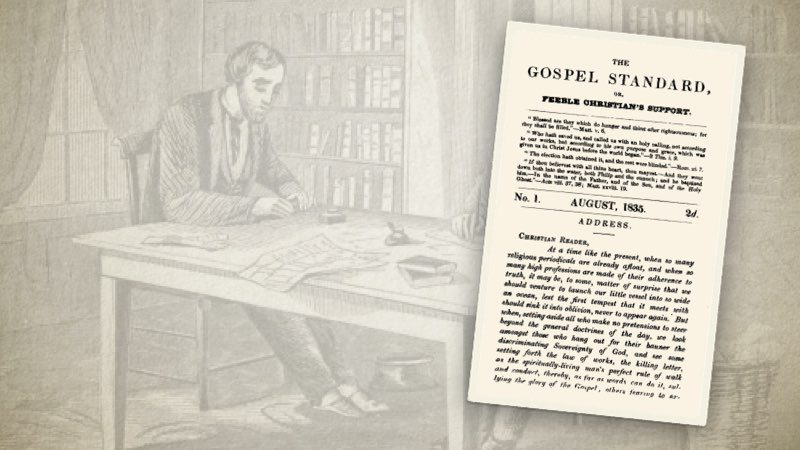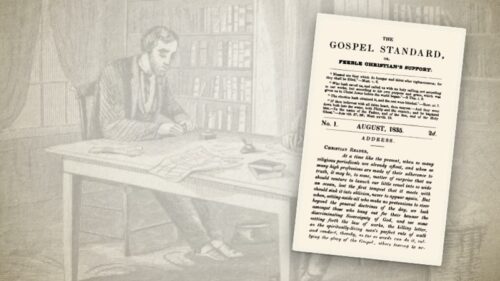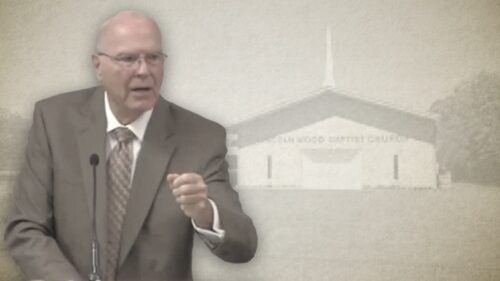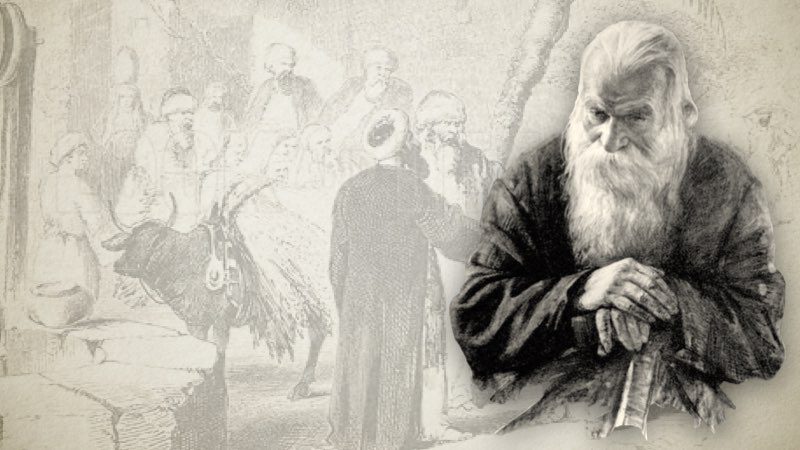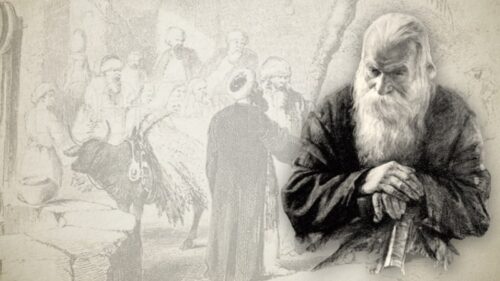-
Ir-religious Associations
How good and pleasant it is for brethren to dwell together in unity and love, but how few there are that in truth, love, and godly fear we can walk and dwell with. Whatever men may say about the great prospects of religion in this day, for my own part I can see but little of them; for where a man is honest and bold enough to open his mouth wide for Christ's true gospel, all the jackadandies, and ape-like parsons, whom the devil hath dressed up as angels of light, are about that poor soul, to slander, injure, and degrade him. Indeed, my good and godly brethren, I mean no offence to any one in particular, but do speak the truth in Christ Jesus,…
-
A Church Without An Under-Shepherd
FOR A COMPLETE ORDER OF WORSHIP, INCLUDING BIBLE READING, HYMNS AND SERMON...
-
The Household Of God
FOR A COMPLETE ORDER OF WORSHIP, INCLUDING BIBLE READING, HYMNS AND SERMON...
-
3 The Origin of Eldership
In our previous studies, I have set out my understanding of the term elder—that it is an unofficial title of honor given to men and women, who by virtue of their age and experience, are sought after for their wisdom and influence by the younger members of society. That this is the basic meaning of the Hebrew and Greek terms, together with the universally accepted use of the term in every village and province around the world, cannot be disputed. It is only among certain Christian denominations the meaning has been changed to include an official title of appointment representing one and the same office as bishop/pastor. I believe this is an abuse of the term which has led to erroneous views of church governance.
-
2 Identifying Biblical Eldership
If a plurality of elders is the scriptural mode for church governance, as asserted by the Reformed Baptists, then every church falling short of this practice is in error. And a serious error it is, for the Reformed Baptists have made this issue a leading point of doctrine. Their biblical thesis for a plural eldership hinges on four propositions: First, church officers were chosen from the congregation at which time they became ‘elders’ (whether it be teaching or ruling elders). Second, the pattern recorded in the New Testament always points to each church having a plurality of elders. Third, this scriptural pattern is paramount to an apostolic prescription that is binding on each church—ideally, every congregation is responsible to appoint a plural eldership. Fourth, the…
-
1 An Introduction To Plural Eldership
During the 1950’s, a resurgence of Presbyterian theology greatly influenced a number of Baptist ministers. At that time, a revision was made on how Baptist churches should function. Drawing from the Presbyterian teachings on church polity, it was advocated that each congregation should be served by a plurality of elders and deacons. Elders would be responsible for the spiritual welfare of the church; deacons would be responsible for the physical upkeep of the church. As this concept was developed, two camps of plural eldership emerged:

